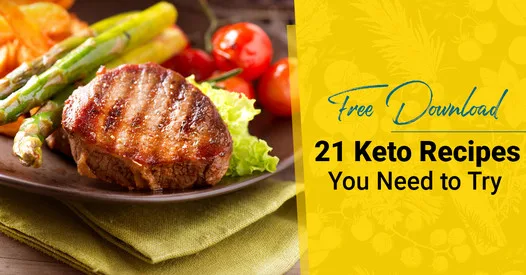As you embark on your ketogenic journey, one question may stand out in your mind: “Is it OK to eat more protein than fat on keto?” You know that the diet is often praised for its high-fat, low-carb formula – but what happens if your protein intake surpasses your fat consumption? This question seems simple, yet it holds significant weight in the realm of the ketogenic diet. Prepare to clear up this conundrum and develop a more nuanced understanding of protein’s role in keto.
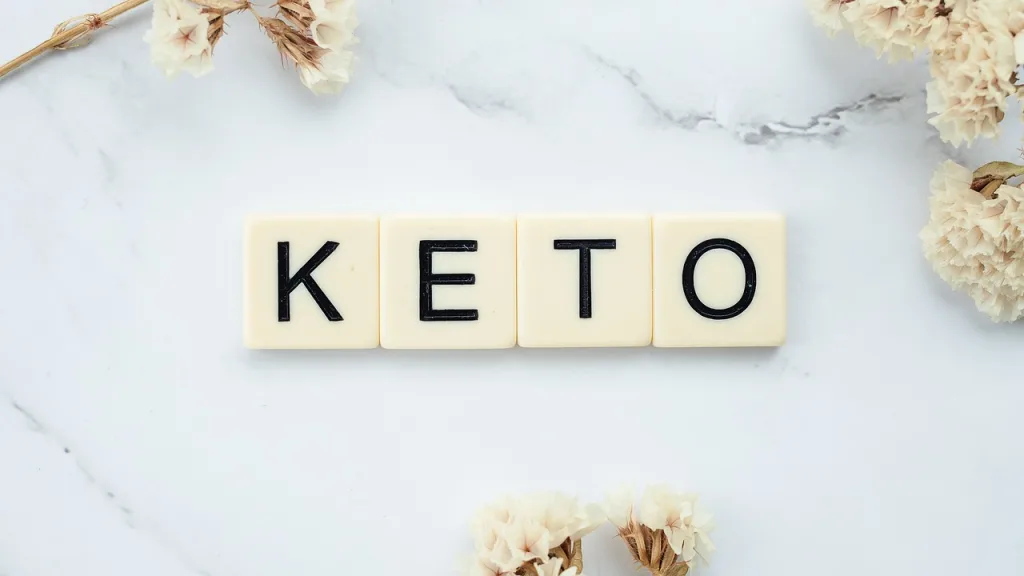
Understanding the Keto Diet
When it comes to understanding the concept of the keto diet, it’s important to break it down into simple terms and principles.
Definition of the Keto Diet
The ketogenic diet, popularly known as the keto diet, is a dietary approach that emphasises the intake of high fat, moderate protein, and low carbohydrates. The main aim of the diet is to transition your body into a metabolic state called “ketosis,” where it burns fat instead of carbs to create energy.
Principles of the Keto Diet
The principles of the keto diet are relatively straightforward. The diet fosters the transition to a state where fat is the primary fuel source by cutting out most carbohydrates from the diet and increasing fat and protein intake.
Health Benefits of Keto Diet
The keto diet has been linked to various health benefits. Research has pointed towards its effectiveness in aiding weight loss and improving blood sugar regulation. In some cases, it has also helped control conditions like epilepsy and PCOS.
Potential Side Effects of the Keto Diet
As is with any significant dietary changes, some possible side effects may accompany the keto diet. These might include a transition phase often referred to as ‘keto flu,’ which can come with symptoms like fatigue, dizziness, and brain fog. There may also be potential long-term effects such as nutrient deficiencies and constipation due to reduced fiber intake.
Basics of Macronutrients
Before delving deeper into the keto diet, it’s necessary to understand the basics of macronutrients.
Explanation of Macronutrients
Macronutrients are the nutrients your body needs in large amounts to function effectively. They include proteins, fats, and carbohydrates, each playing unique roles within the body.
Role of Protein in the Body
Protein, used in every single cell in your body, is essential for building and repairing tissues, making enzymes, hormones, and is a crucial building block of bones, muscles, cartilage, skin, and blood.
Role of Fat in the Body
Fats are a concentrated source of energy, providing essential fatty acids that your body can’t create itself. In addition to its role in providing energy, it aids in vitamin absorption, hormone production, and maintaining heart health.
Role of Carbohydrates in the Body
Carbohydrates are the body’s preferred energy source, providing the fuel that drives bodily functions such as brain activity, muscle function, and the central nervous system.
Traditional Keto Macronutrient Ratio
The traditional keto diet follows a specific macronutrient ratio, one that’s important to maintain to achieve and sustain ketosis.
Ideal Macronutrient Ratio on a Keto Diet
The traditional keto diet calls for about 70-75% of daily calorie intake from fats, 20-25% from proteins, and only 5-10% from carbohydrates.
Significance of High Fat Content
The high fat content in a keto diet is a key factor. This high-fat concentration is designed to shift your metabolism towards fat burning, lead your body into ketosis.
Importance of Moderate Protein
Moderate protein intake is essential because while the body needs protein to maintain muscle mass, too much can prevent ketosis. This balance is why protein is kept moderate in a ketogenic diet.
The Impact of Consuming More Protein Than Fat on Keto
To understand whether it’s okay to eat more protein than fat on a keto diet, it’s necessary to understand the potential impacts of such a change.
Body’s Reaction to Excess Protein
When you consume more protein than your body needs, the excess amino acids are converted to glucose in a process called gluconeogenesis. This process can kick your body out of ketosis.
Effect of Lower Fat Content on Ketosis
Lower fat content may impair your body’s ability to stay in ketosis if not counterbalanced appropriately. This is because fat intake is crucial for the production of ketones, the body’s alternative fuel source when in ketosis.
Role of Gluconeogenesis in Keto
The process of gluconeogenesis turns non-carbohydrate sources, such as protein, into glucose for energy. This is why consuming too much protein can hinder your progress to achieving or sustaining ketosis.
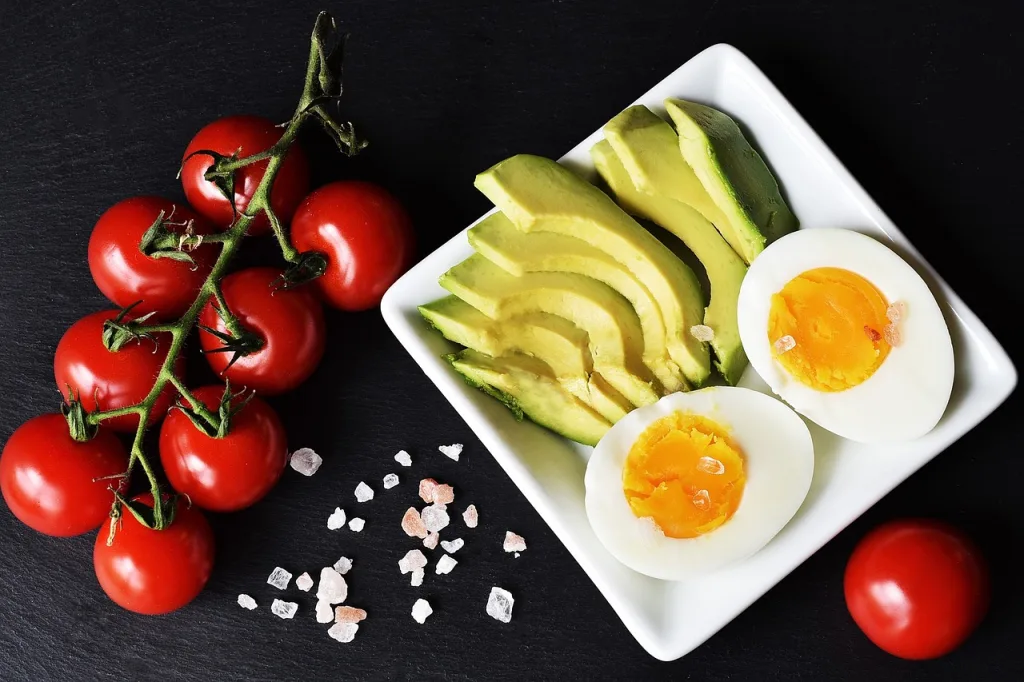
Benefits of a Higher Protein Lower Fat Keto Approach
Maintaining a higher protein and lower fat approach to the keto diet has potential benefits.
Improving Body Composition
A higher protein intake can lead to eating less overall due to increased satiety. This can lead to improved body composition as your body may tap into fat stores more regularly for energy.
Increased Satiety and Appetite Control
Protein is known to be a powerful tool for controlling appetite. A greater intake can increase feelings of fullness, reducing overall calorie intake.
Muscle Mass Preservation
Higher protein intake can help in the preservation of muscle mass, especially when coupled with regular resistance exercise, which can be useful during weight loss.
Possible Concerns with High Protein Intake
While a higher protein intake can have several benefits, there are also potential concerns that need to be considered.
Potential Kidney Impact
While not a concern for healthy individuals, those with kidney disease or kidney-related issues may need to monitor and limit their protein intake to avoid putting excess strain on their kidneys.
Risk of Nutrient Deficiencies
A diet that’s too rich in protein at the expense of other macronutrients may also lead to nutrient deficiencies. Some foods rich in protein may lack other essential nutrients that your body needs for optimal health.
Disruptions in Ketosis
As mentioned before, consuming too much protein can lead to an excess conversion of protein to glucose, potentially pushing your body out of the state of ketosis.
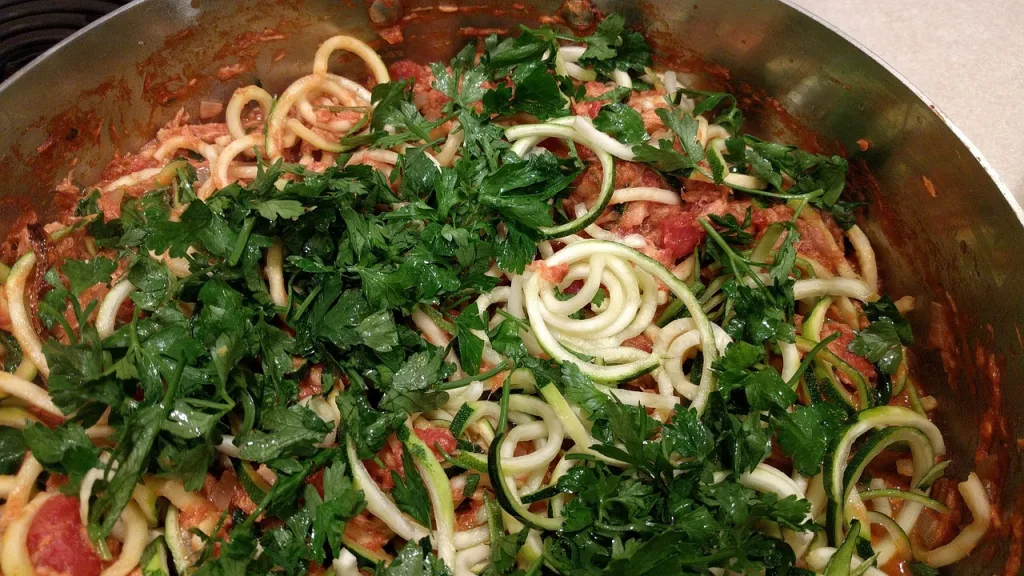
Getting the Balance Right
It’s important to strike the right balance to ensure that your diet suits your individual dietary needs, lifestyle, and health goals.
Assessing Personal Nutrient Needs
Understanding your personal nutrient needs is crucial. Factors such as age, gender, physical activity level, and health status play a significant role in determining the nutrients and their amounts that your body needs.
Making Adjustments Over Time
Nutritional needs are not static – they change with your physiological condition, your lifestyle changes, and as you age. You’ll need flexibility and adapt as you go.
Considerations for Physical Activity and Lifestyle
Your diet needs to reflect your lifestyle. If your way of living is physically demanding, you might need a higher intake of certain nutrients compared to someone with a sedentary lifestyle.
High-Protein, Low Fat Recipes For Keto
Experimenting with recipes can enhance your keto experience and ensure that you’re getting the right balance of nutrients.
Breakfast
A protein-packed keto breakfast could include eggs and avocados, both protein-rich and delicious.
Lunch
For lunch, a chicken salad with lots of veggies and a drizzle of olive oil can give you a powerful protein punch.
Dinner
Beef stir-fry with cauliflower rice can be a satisfying, protein-loaded keto dinner.
Snacks
Jerky and cheese cubes are portable, high-protein, keto-friendly snacks.
Desserts
There are many keto-friendly, high protein desserts out there. One such option is protein powder pancakes with a dash of stevia for sweetness.
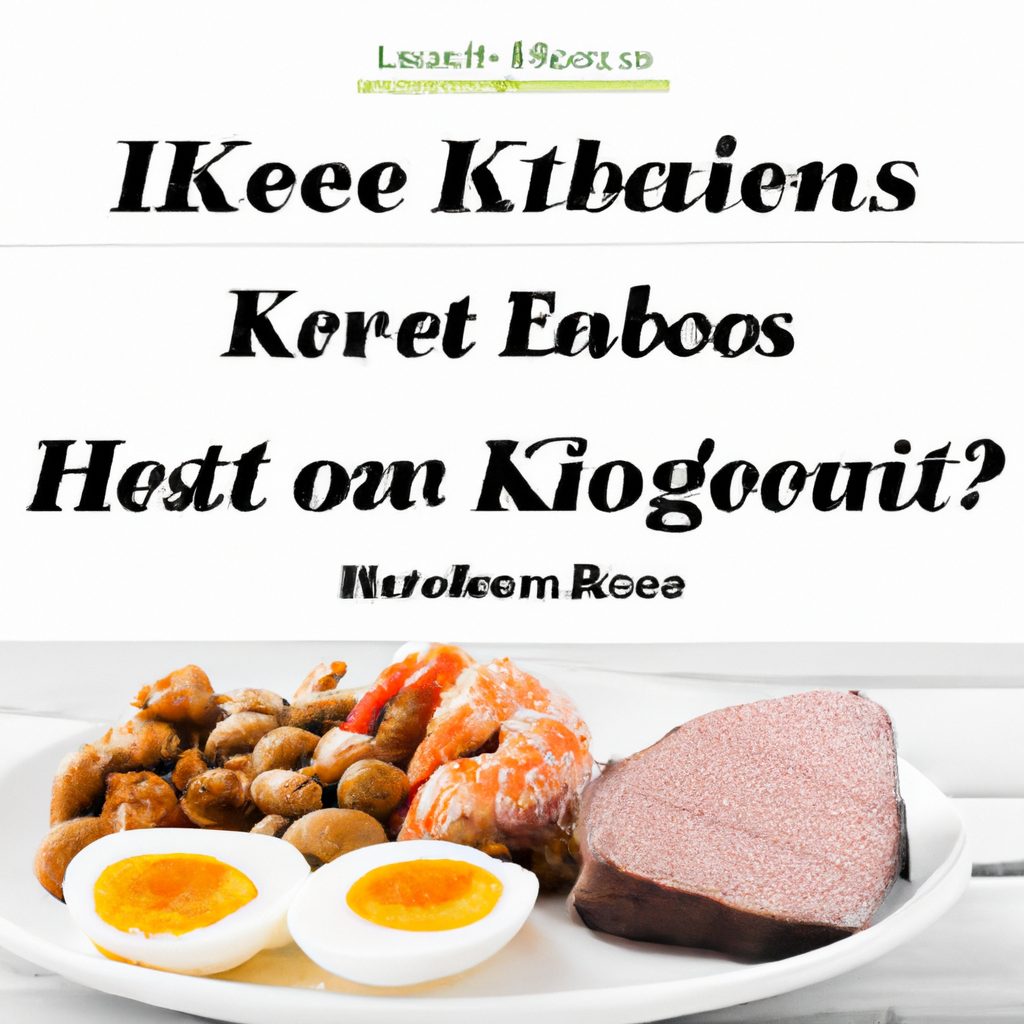
The Role of Professional Guidance
Implementing a diet is not just about knowing what to eat. It also involves seeking professional guidance to ensure that it’s properly balanced to meet your individual needs.
Working With a Dietitian
Working with a dietitian can offer you personalized guidance and assistance in maintaining the right balance in your diet.
Conducting Regular Health Check-Ups
Regular health check-ups can help monitor how your body is responding to the diet and whether any adjustments are needed based on your overall health condition.
Interpreting and Responding to Body Signals
Being aware and responsive to how your body is feeling is crucial. Make sure to take note of any changes, whether positive or negative, and adjust your approach as necessary.
Conclusion: Is it OK to Eat More Protein than Fat on Keto?
Balancing Benefits and Risks
While balancing a higher protein intake with the principles of the keto diet can be somewhat challenging, there are both benefits and risks to consider. Increased satiety, improved body composition, and muscle mass preservation are potential advantages. Nevertheless, disruptions in ketosis, potential strain on kidneys, and the risk of nutrient deficiencies must also be taken into account.
Importance of Individualized Approach
It’s essential to note that individual needs vary. What might work for one person may not necessarily work for another. Hence, it’s crucial to adopt an individualized approach and adjust based on your personal needs, preferences, lifestyle, and health conditions.
Final Verdict
So, is it okay to have more protein than fat on keto? The answer is: it depends. If the approach suits you and is administrated under proper guidance, it can indeed be an effective strategy. However, it’s vital to monitor the body’s response carefully and make necessary adjustments to maintain overall well-being.

